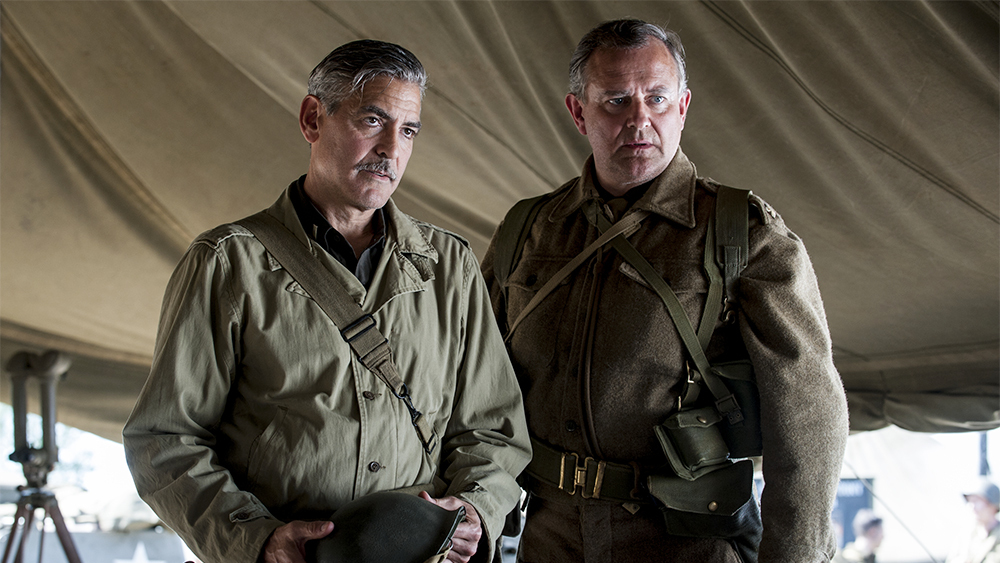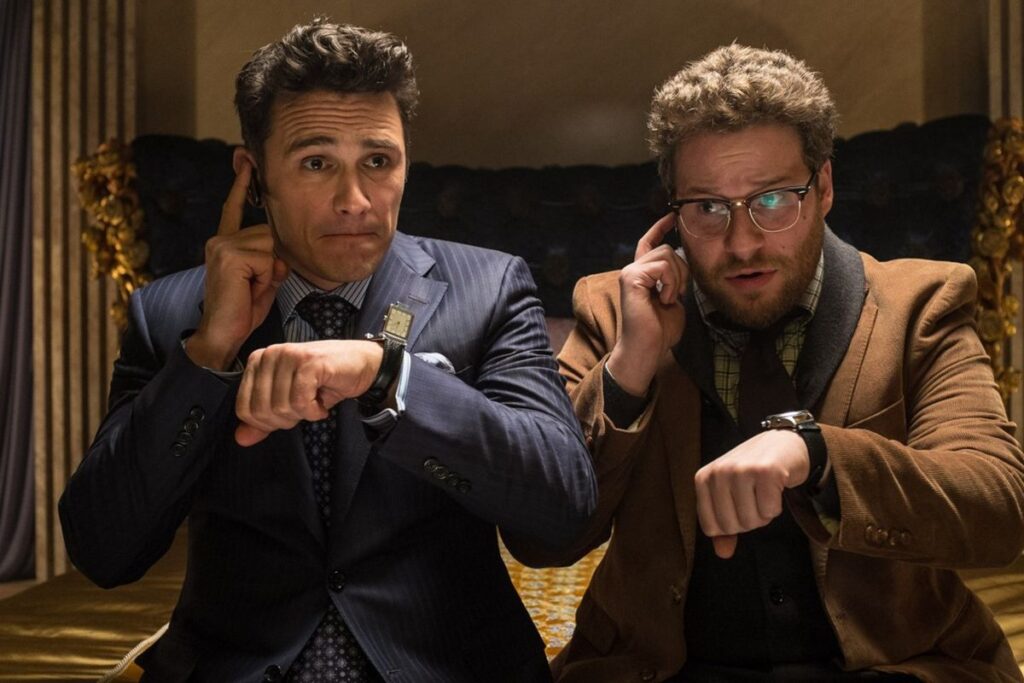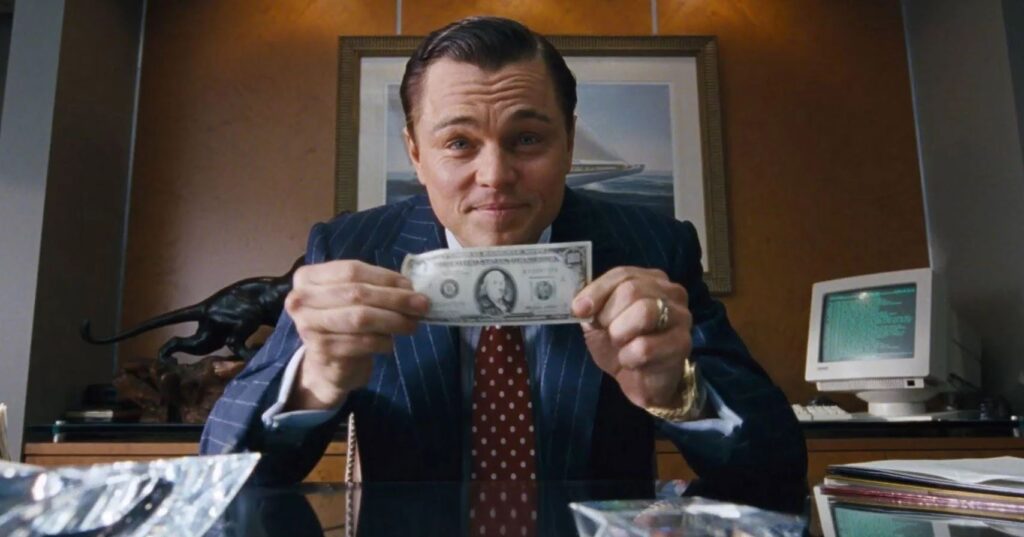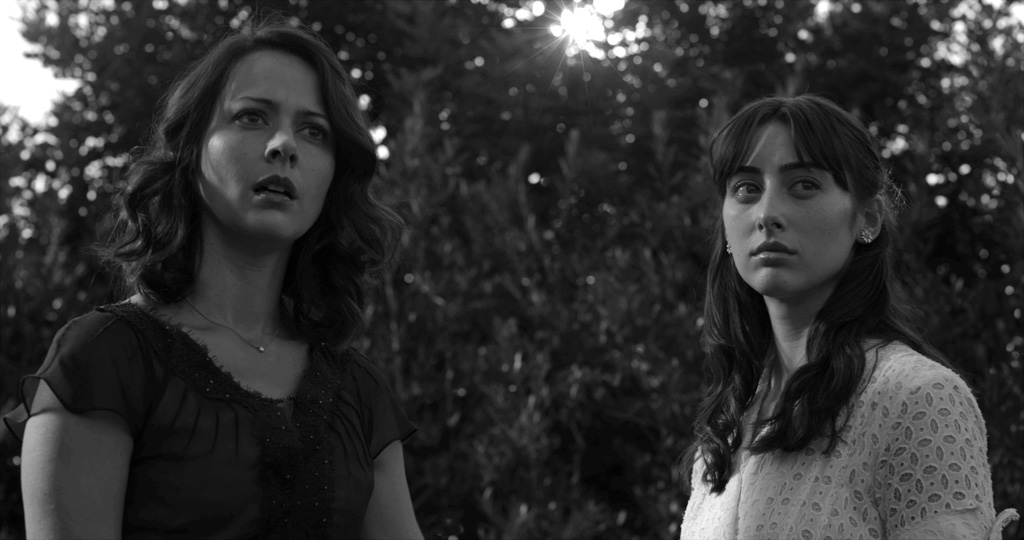Ranking 2014’s Movies: #s 92-79

According to the calendar, 2014 is over, but the Manifesto tends to operate on its own time. Ideally, this would be the point where we’d unveil our top 10 list, highlighting the very best that the prior year in cinema had to offer. The problem, however, is that 2014 hasn’t really ended yet, at least not in moviegoing terms. There are still a number of high-profile releases that technically came out last month (making them eligible for the upcoming Oscars) but that have yet to screen near me, including Paul Thomas Anderson’s Inherent Vice, Ava DuVernay’s Selma, Clint Eastwood’s American Sniper, Mike Leigh’s Mr. Turner, and J.C. Chandor’s A Most Violent Year. Given that these movies are all receiving considerable acclaim, it would be premature for me to present a finalized top 10 list without giving them a chance. So instead, I’m going to present a list of… everything else.
What follows is a ranked list, in ascending order of quality, of every 2014 theatrical release I’ve seen. I need not remind you that this exercise is profoundly ludicrous. Certainly, some movies are better than others, but just as certainly, attempting to slot different works of art into an inflexible hierarchy is absurd. But it does provide me an opportunity to go on record with my thoughts on all of the movies I saw last year, and unlike the Manifesto’s foolhardy Review of 2013, it allows me to do so in a matter of days rather than months. Just remember that these rankings are highly amorphous, and that if I re-made this list a week from now, the specific order would be highly jumbled, even if the general shape remained the same.




 There’s an episode of Louie in which Louis C.K. and Robin Williams find themselves as the only mourners at a man’s funeral. They spend the rest of the morning together, reminiscing about the departed and eventually confessing that he was something of a schmuck, which probably explains why his funeral was exclusively attended by two men who barely even knew him. After some bizarre plot developments typical of Louie‘s randomness—as it turns out, the deceased was beloved as a generous benefactor at a local strip club—C.K. and Williams amiably go their separate ways. Before they part, however, they promise each other that no matter what happens, whoever outlives the other will be sure to attend the dead man’s funeral.
There’s an episode of Louie in which Louis C.K. and Robin Williams find themselves as the only mourners at a man’s funeral. They spend the rest of the morning together, reminiscing about the departed and eventually confessing that he was something of a schmuck, which probably explains why his funeral was exclusively attended by two men who barely even knew him. After some bizarre plot developments typical of Louie‘s randomness—as it turns out, the deceased was beloved as a generous benefactor at a local strip club—C.K. and Williams amiably go their separate ways. Before they part, however, they promise each other that no matter what happens, whoever outlives the other will be sure to attend the dead man’s funeral.